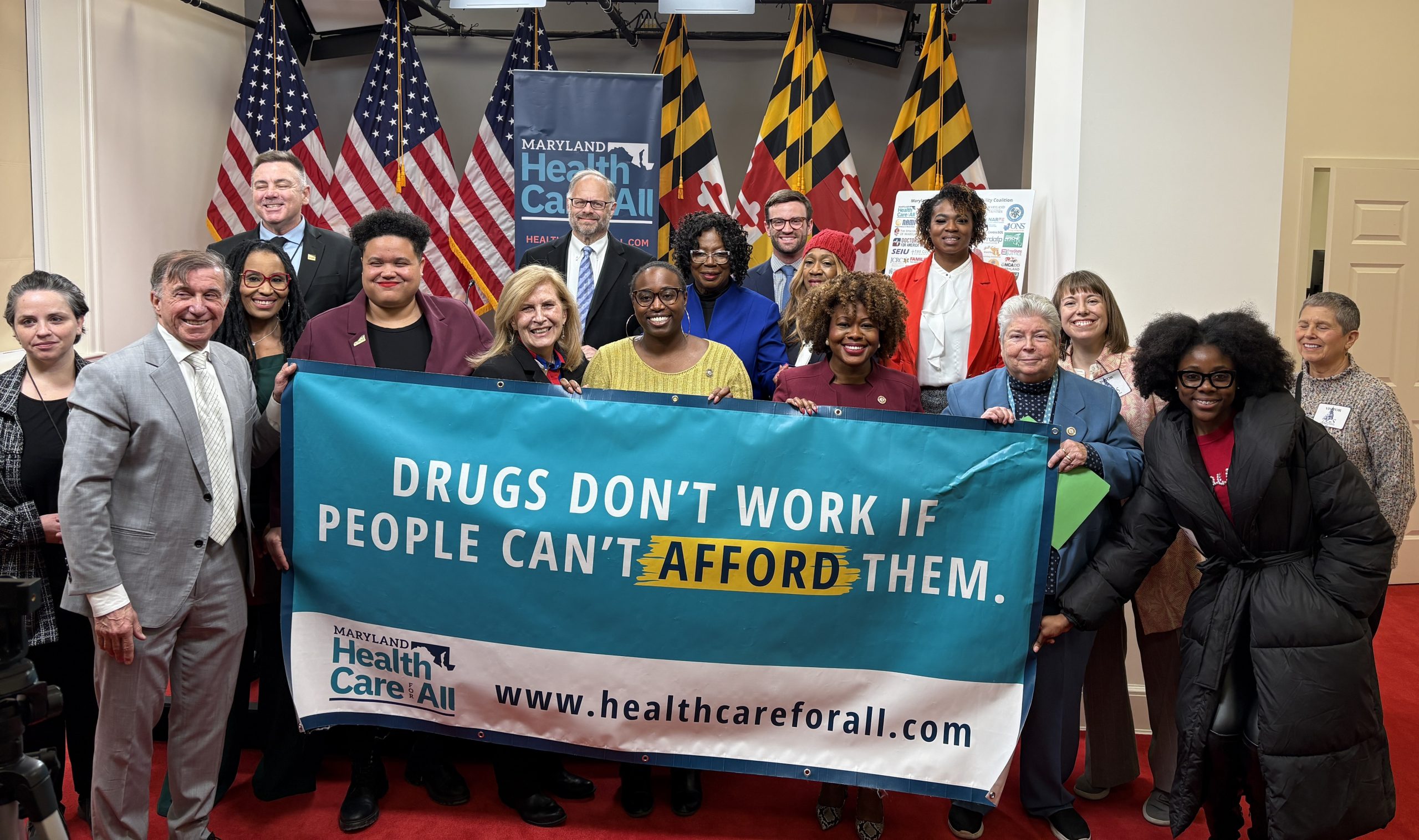Our view: If lawmakers really want to reduce alcohol abuse, they need to look beyond one caffeinated drink
Baltimore Sun
November 23, 2010
Faster than you can say, “Irish coffee,” the powers-that-be clamped down on the sale of juice-flavored alcoholic drinks infused with caffeine last week. The Food and Drug Administration has labeled the caffeine in drinks like “Four Loko” to be an unsafe additive, and the manufacturer of that particular product has already pledged to stop using it.
Rarely has an alcoholic beverage — one that can be fairly easily duplicated by mixing vodka with a typical energy drink and that has been on store shelves for eight years — received such harsh and universal condemnation. Maryland Comptroller Peter Franchot denounced it as a “clear public health and safety threat,” just as some Maryland beer and liquor wholesalers agreed to instruct their members to voluntarily stop selling it pronto.
Certainly there was evidence that the “wide-awake drunk” effect of these extra-large portioned drinks posed a danger to the public, particularly young people. They’ve been linked to blackouts, car crashes and assaults in Maryland and elsewhere as the caffeine can temporarily mask inebriation.
But one wonders how politicians and regulators can muster such alarm at the anecdotal evidence involving one particular beverage while rarely, if ever, showing similar outrage over more widespread alcohol abuse. How many crashes, assaults and blackouts can be traced to alcoholic beverages without caffeine? A hundred times more? A thousand times?
That’s not to promote a new era of Prohibition, but there are any number of regulatory steps Maryland and other states could take to address the problem. Yet when Maryland lawmakers were confronted with strikingly similar circumstances two years ago — concerns then were over “alcopops,” the sweetened malt beverages that appeal to kids — they elected to pass legislation taxing them at the lowest possible rate and decided not to limit their distribution to liquor stores. That reversed the impact of a prior attorney general’s opinion that found they couldn’t be treated as beer under existing state law.
That was unfortunate, as young people can be deterred from using an unhealthful product by its cost, something tobacco taxes have repeatedly demonstrated. Studies show it’s quite predictable, really: Raise the price of a pack by X and smoking by minors falls by Y.
That’s just one of the compelling reasons why the Maryland General Assembly needs to raise state taxes on alcoholic beverages when lawmakers reconvene in January. This is one area where state taxes are shockingly low (untouched for decades thanks to a watchful and influential liquor industry), and that’s been harmful to everyone.
As a recent report by researchers at Johns Hopkins University’s Bloomberg School of Public Health pointed out, a proposed dime-a-drink tax on alcoholic beverages would likely reduce consumption by less than 5 percent, hardly an economic tragedy for the state’s bars and liquor stores. But that, in turn, would not only lead to less underage drinking but less violent crime and alcohol abuse.
The $214 million or so such a sin tax is expected to generate would also prove useful at a time when Maryland is facing a projected $1.6 billion budget shortfall. The revenue could help the state avoid more onerous tax increases or deep spending cuts that might diminish health care or education.
Politically, it’s obviously easier to attack one rather appalling drink that seems to have no other purpose than to encourage young people to over-imbibe than to actually reduce alcohol consumption on a broader scale. But if outraged politicians really want to curb abuse, they need to, at minimum, offer the proven deterrence of tax rates that begin to reflect alcohol’s true costs to society.



